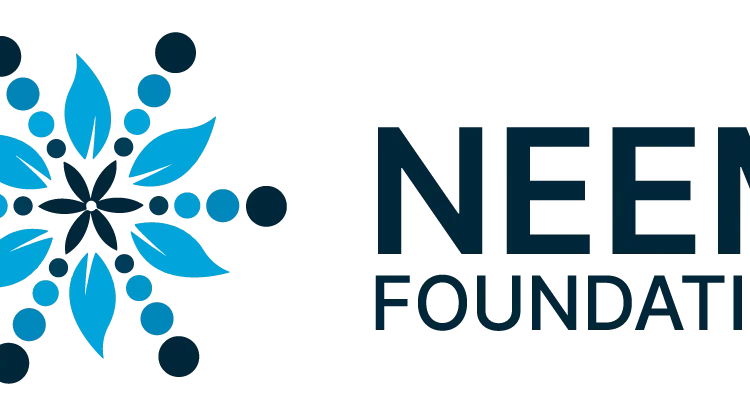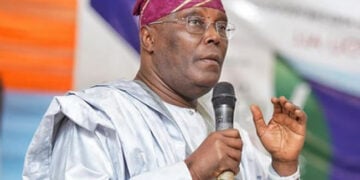A non-governmental organisation, the Neem Foundation, in partnership with the Global Survivors Fund (GSF), has called for a holistic, trauma-responsive educational approach as a form of reparation for survivors of conflict-related sexual violence and their children in Nigeria.
The call was made by Dr Fatima Akilu, executive director of the Neem Foundation, during a high-level policy dialogue titled “Education as Reparation for Survivors and Children Affected by Conflict-Related Sexual Violence,” held in Abuja.
Dr Akilu emphasised that prioritising education as a form of reparation can help survivors and their children regain control over their lives, restore dignity, and rebuild their societal roles.
“Education as reparation requires tailored measures that address the unique needs of children affected by conflict-related sexual violence,” Akilu said. “At its core, this approach integrates trauma-responsive learning, economic support, and psychosocial care to ensure education is not only accessible and inclusive but also transformative.”
She highlighted Neem Foundation’s flagship initiative in Borno State — the Lafiya Sarari school — where nearly 80 per cent of students have experienced conflict-related sexual violence.
The school employs a flexible, self-paced curriculum rooted in peace, respect, and integrity. It also offers mental health services and basic medical care.
“For children still carrying the physical and emotional scars of violence, this holistic approach provides a lifeline,” Akilu stated.”
This is a scalable model. We are training more teachers and laying the foundation to expand this model across Nigeria and beyond.”
She also noted that Neem and GSF launched a six-year project in February 2024 to provide trauma-informed education to children aged 8 to 14 in Maiduguri, many of whom were abducted, abused, or born as a result of sexual violence during the Boko Haram insurgency.
“This initiative creates safe spaces where children can heal, rebuild confidence, and reclaim a future that was violently disrupted,” she said.
Also, GSF executive director Esther Dingemans echoed the importance of education as a critical form of justice.
“Education is one of the most frequently requested forms of reparation by survivors,” Dingemans said. “It is not a luxury — it is a right, and a meaningful response to harm. It empowers children socially and economically, reduces the risk of re-victimisation, and lays the groundwork for long-term peace and reconciliation.”
Dingemans added that the success of the Borno model demonstrates how education can evolve from being a right to a powerful tool for healing and transformation.
The initiative is supported by several international partners, including the governments of the United Kingdom, Korea, Japan, and France; the Swiss Agency for Development and Cooperation; Open Society Foundations; the European Commission; Education Cannot Wait (UNICEF); The Catena Foundation; UN Women; as well as Nigerian institutions such as the Borno State Ministry of Education, the North East Development Commission, and the Damnaish Human Capacity Building Initiative.











